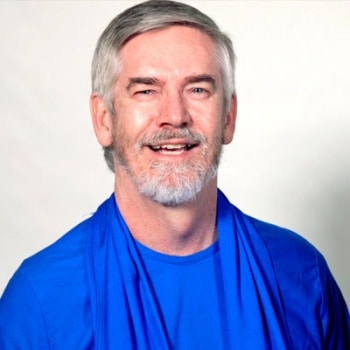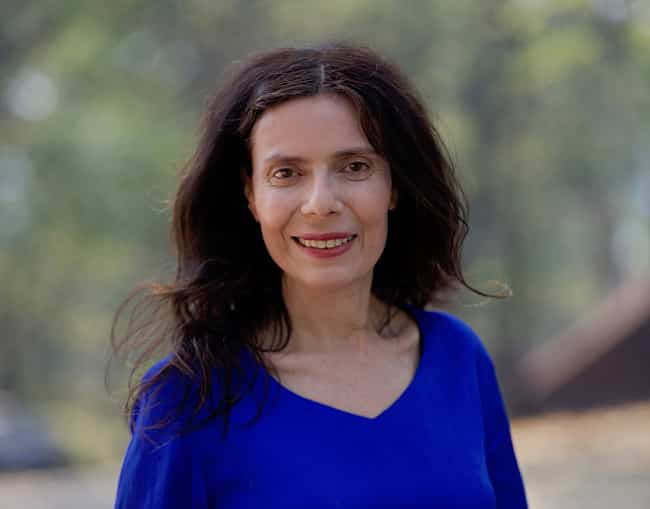
Samadhi
Question from Mathew: Nirvikalpa samadhi happens on which chakra? ‘Baptism on spirit’ happens on which chakra? “Born on spirit” happens on which chakra? Is “born on spirit” same as nirvikalpa samadhi?
The initial stages of samadhi include AUM Samadhi, which is oneness with the infinite Cosmic Vibration, through which one perceives all Creation as consisting of innumerable vibrations of AUM.
Then there is sabikalpa (or sampragyata) samadhi which is conditioned oneness, in which some trace of ego remains. Here one has experiences of samadhi but doesn’t remain in that state, and slips back into some degree of the ego.
Then there is nirbikalpa (or asampragyata) samadhi – unconditional oneness, or final enlightenment, where the “I” of ego has become completely identified with the Absolute Spirit (meaning that there is no effect from the ego on the soul). This is the stage where one becomes a “jivan mukta” or “freed while living”.

Question from Mathew: Nirvikalpa samadhi happens on which chakra? ‘Baptism on spirit’ happens on which chakra? “Born on spirit” happens on which chakra? Is “born on spirit” same as nirvikalpa samadhi?

Question from Hitesh Khiani: Is attaining the permanent state of Nirbikalpa Samadhi (Nivikalapa or Nirbeej Samadhi) necessary for a soul to attain Liberation/Moksha? In Adi Shankara’s vivekachudamani he seems to be indicating very clearly that unless one unites one’s soul with spirit in samadhi, there is no question of moksha. However, in the Bhagavad Gita Lord Krishna in several places indicates several ways by…

Question from Carina: I find it quite helpful at times to be the observer of my mind, thoughts and feelings, watching them pass like a movie and not giving them any attention (just as we learn in meditation). This helps us to not get attached and to control our reactive process. And even though Swamiji mentioned the term “silent observer” in his book…

Question from Alex: In Buddhism they talk about two levels of spiritual realization: The level of an

Question from Kailash: What will be the consciousness of a God realized Yogi when he sleeps? will it be the same as ours, or will the Yogi still experience the bliss?

Question from Dean Opseth: How does one reach deeper states of meditation? I am a kriyaban and I have an effective grasp of Yogananda’s four main techniques (hong-sau, etc.), yet I don’t feel I’ve excelled in meditative depth. Should I remain passively open to such states, or is it simply an act of pure will to go deeper? Maybe the grace of God grants…

Question from Vinay: Hi, I read this conversation in Autobiography of a Yogi between Sri Yukteshwar and Yogananda where Yogananda accepts his discipline on the condition that his guru reveal God to him. After a long verbal tussle, he accepts it. I want to ask that when Sri Yukteshwar knew that Yogananda was a God realized soul, why did this conversation take place?…

Question from tyler: In Paramhansa Yogananda’s poem, “Samadhi”, there is a line that I’ve never really been able to grasp: “…glaciers of silent x-rays.” The rest of the poem is such an increasingly amazing aid to my meditations but whenever I go through this particular line, I am like, “huh?” What do you think? Jai Guruji!